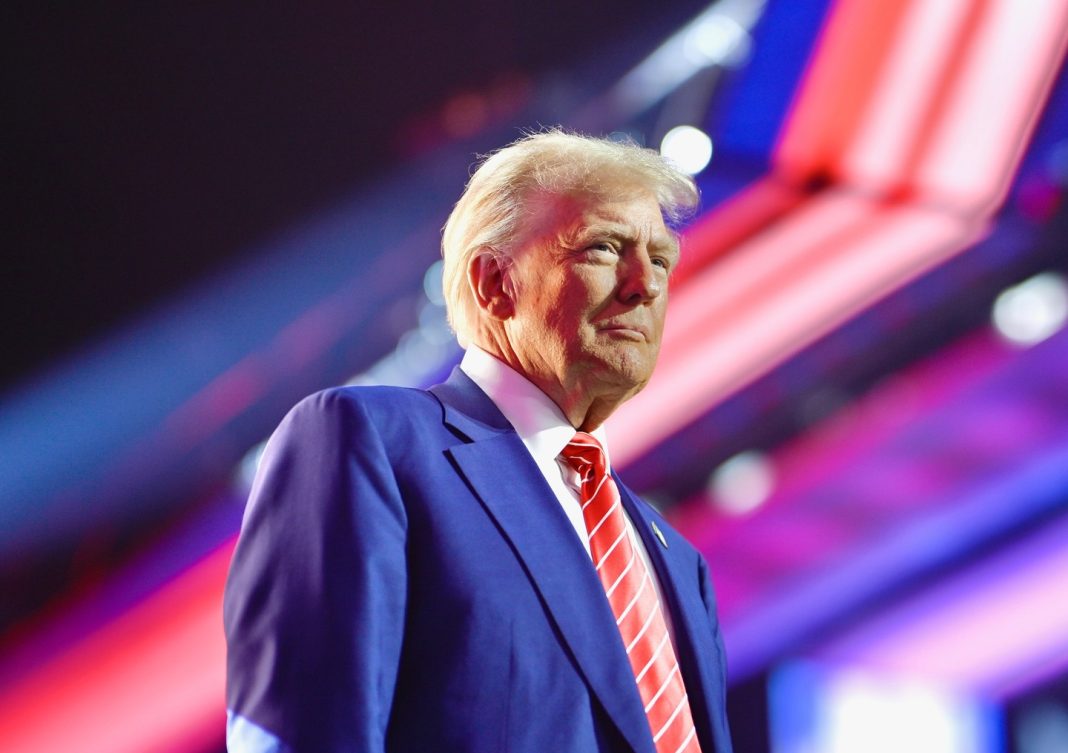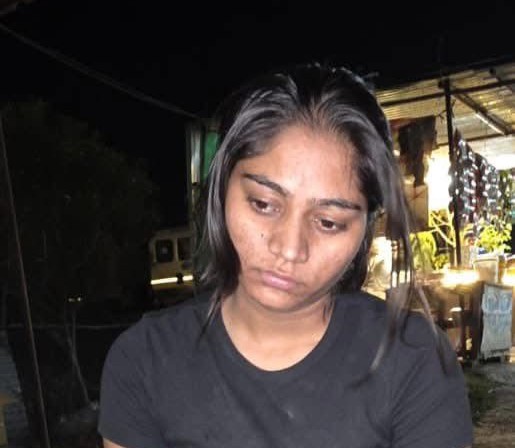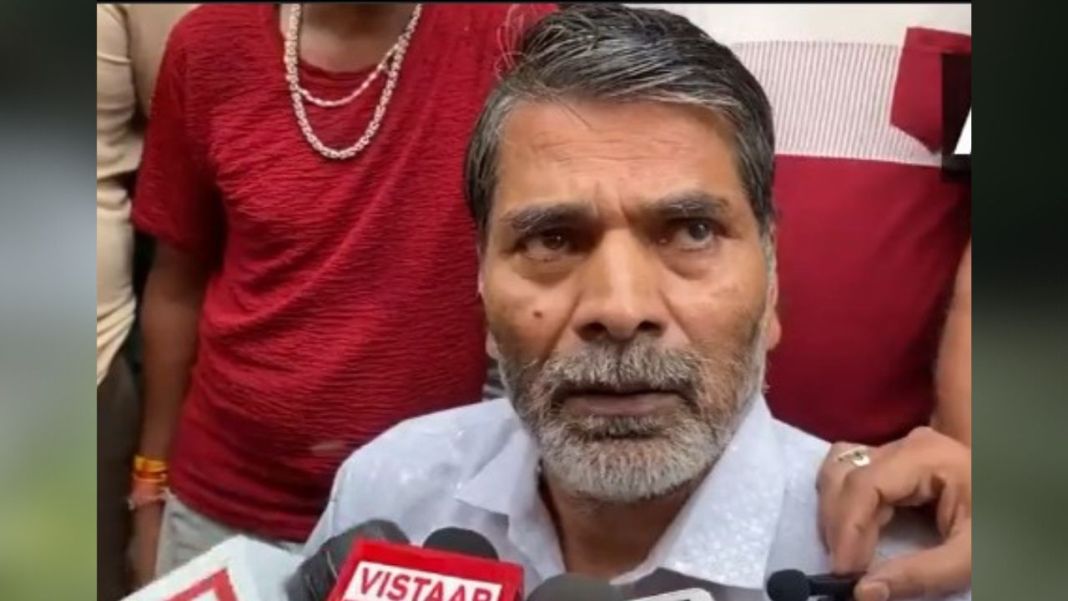
Dakar (Senegal), Jun 9: President Donald Trump has banned citizens of 12 countries from entering the United States and restricted access for those from seven others, citing national security concerns in resurrecting and expanding a hallmark policy from his first term that will mostly affect people from Africa and the Middle East.

The ban announced on Wednesday applies to citizens of Afghanistan, Myanmar, Chad, the Republic of Congo, Equatorial Guinea, Eritrea, Haiti, Iran, Libya, Somalia, Sudan and Yemen. The heightened restrictions apply to people from Burundi, Cuba, Laos, Sierra Leone, Togo, Turkmenistan and Venezuela who are outside the US and do not hold a valid visa.
The policy takes effect at 12.01 am on Monday and does not have an end date.
Here’s what to know about the new rules:
How Trump justified the ban
Since returning to the White House, Trump has launched an unprecedented campaign of immigration enforcement that has pushed the limits of executive power and clashed with federal judges trying to restrain him.
The travel ban stems from a January 20 executive order Trump issued requiring the Department of State, Department of Homeland Security and the Director of National Intelligence to compile a report on “hostile attitudes” toward the US.
The aim is to “protect its citizens from aliens who intend to commit terrorist attacks, threaten our national security, espouse hateful ideology, or otherwise exploit the immigration laws for malevolent purposes,” the administration said.
In a video posted on social media, Trump tied the new ban to a terrorist attack on Sunday in Boulder, Colorado, saying it underscored the dangers posed by some visitors who overstay visas. The man charged in the attack is from Egypt, a country that is not on Trump’s restricted list. US officials say he overstayed a tourist visa.
Who is exempt from the ban
1. Green card holders
2. Dual citizens, including US citizens who also have citizenship of one of the banned countries
3. Some athletes: athletes and their coaches travelling to the US for the World Cup, Olympics or other major sporting event as determined by the US secretary of state
4. Afghans who worked for the US government or its allies in Afghanistan and are holders of Afghan special immigrant visas
5. Iranians belonging to an ethnic or religious minority who are fleeing persecution
6. Certain foreign national employees of the US government who have served abroad for at least 15 years, and their spouses and children
7. People who were granted asylum or admitted to the US as refugees before the ban took effect
8. People with US family members who apply for visas in connection to their spouses, children or parents
9. Diplomats and foreign government officials on official visits
10. Those travelling to UN headquarters in New York solely on official UN business
11. Representatives of international organisations and NATO on official visits in the US
12. Children adopted by US citizens
13. People from targeted countries who already have valid visas, although the Department of Homeland Security still has the authority to deny entry, even to those with a valid visa
Which countries are affected
Trump said nationals of countries included in the ban pose “terrorism-related” and “public-safety” risks, as well as risks of overstaying their visas. He also said some of these countries had “deficient” screening and vetting or have historically refused to take back their citizens.
His findings rely extensively on an annual Homeland Security report about tourists, business people and students who overstay US visas and arrive by air or sea, singling out countries with high percentages of nationals who remain after their visas expired.
“We don’t want them,” Trump said.
The inclusion of Afghanistan angered some supporters who have worked to resettle its people. The ban makes exceptions for Afghans on special immigrant visas, who were generally the people who worked most closely with the US government during the two-decade war there.
The list can be changed, the administration said in a document, if authorities in the designated countries make “material improvements” to their own rules and procedures. New countries can be added “as threats emerge around the world.”
State Department guidance
The State Department instructed US embassies and consulates on Friday not to revoke visas previously issued to people from the 12 countries listed in the ban.
In a cable sent to all US diplomatic missions, the department said “no action should be taken for issued visas which have already left the consular section” and that “no visas issued prior to the effective date should be revoked pursuant to this proclamation.”
However, visa applicants from affected countries whose applications have been approved but have not yet received their visas will be denied, according to the cable, which was signed by Secretary of State Marco Rubio.
And, unless an applicant meets narrow criteria for an exemption to the ban, his or her application will be rejected starting on Monday.
How the ban differs from 2017’s
Early in Trump’s first term, he issued an executive order banning travel to the US by citizens of seven predominantly Muslim countries, including Iraq, Syria, Iran, Sudan, Libya, Somalia and Yemen.
It was one of the most chaotic and confusing moments of his young presidency. Travellers from those nations were either barred from getting on flights to the US or detained at US airports after they landed. They included students and faculty, as well as business people, tourists and people visiting friends and family.
The order, often referred to as the “Muslim ban” or the “travel ban,” was retooled amid legal challenges until a version was upheld by the Supreme Court in 2018.
That ban affected various categories of travellers and immigrants from Iran, Somalia, Yemen, Syria and Libya, plus North Koreans and some Venezuelan government officials and their families.
Reactions to Trump’s order
Venezuela President Nicolás Maduro’s government condemned the travel ban, characterising it in a statement as a “stigmatisation and criminalisation campaign” against Venezuelans.
Chad President Mahamat Deby Itno said his country would suspend visas for US citizens in response to the ban.
Aid and refugee resettlement groups also denounced it.
“This policy is not about national security — it is about sowing division and vilifying communities that are seeking safety and opportunity in the United States,” said Abby Maxman, president of Oxfam America.
But reactions to the ban ran the gamut from anger to guarded relief and support.
In Haiti, radio stations received a flurry of calls on Thursday from angry listeners, including many who said they were Haitians living in the US and who accused Trump of being racist, noting that the people of many of the targeted countries are Black.
Haitian-American Elvanise Louis-Juste, who was at the airport on Sunday in Newark, New Jersey, awaiting a flight to her home state of Florida, said many Haitians wanting to come to the US are simply seeking to escape violence and unrest in their country.
“I have family in Haiti, so it’s pretty upsetting to see and hear,” Louis-Juste, 23, said of the travel ban. “I don’t think it’s a good thing. I think it’s very upsetting.”
William Lopez, a 75-year-old property investor who arrived from Cuba in 1967, supports the travel ban.

“These are people that come but don’t want to work, they support the Cuban government, they support communism,” Lopez said at a restaurant near Little Havana in Miami. “What the Trump administration is doing is perfectly good.” (AP)





